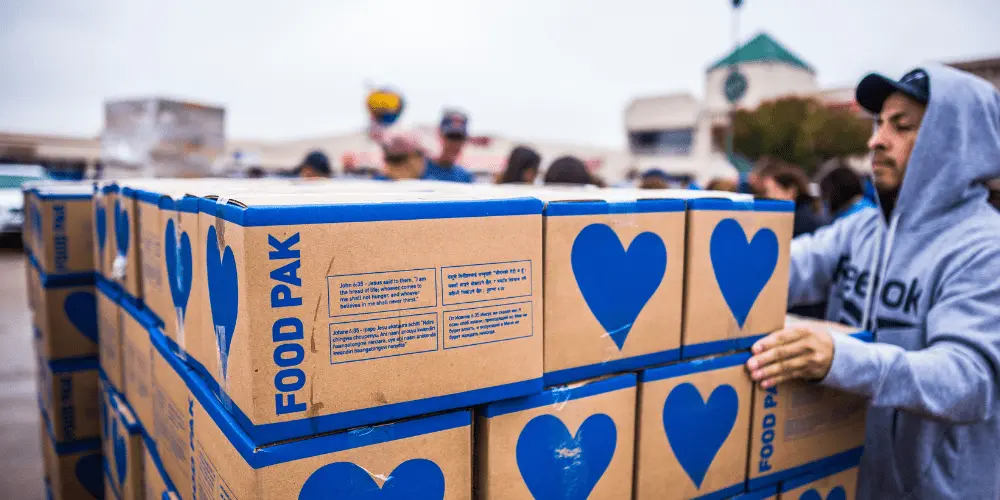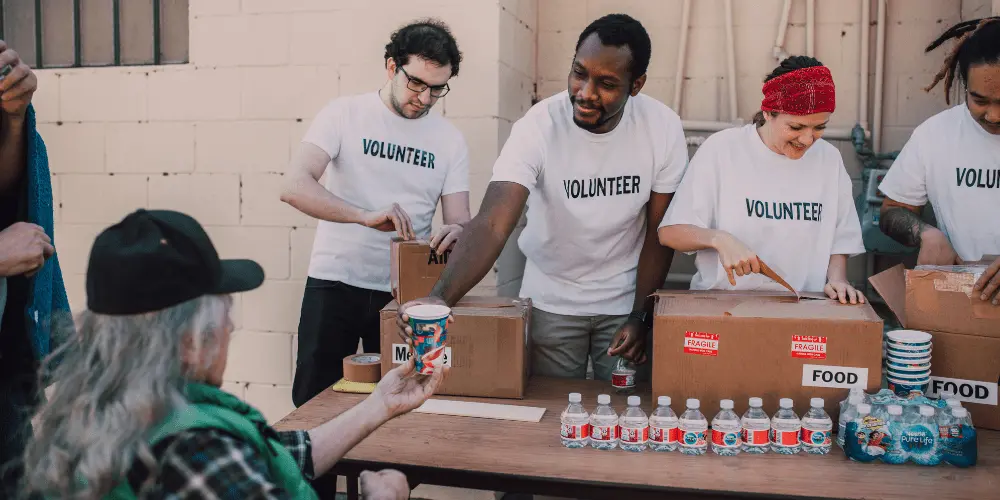
When a disaster strikes, it can shake your whole sense of stability. Families may lose homes, jobs, or vital records overnight. It’s normal to feel overwhelmed when emergencies affect your community, but you are not alone. Disaster recovery services exist to give disaster survivors direct access to help. From FEMA assistance to housing counseling agencies, there are clear steps you can take to begin the recovery process. These programs are designed for people affected by disasters who need support to rebuild.
The first step is confirming whether your community is included in a presidentially declared disaster. This declaration unlocks federal programs and services for disaster survivors. Each state has its own emergency management agency that coordinates with FEMA during disasters. You can find current declarations for all states and territories on FEMA’s website.
Once your area is declared, you can access immediate assistance through FEMA Disaster Recovery Centers (DRCs). FEMA also lists active DRS locations where survivors can meet staff face-to-face for help. These centers bring multiple agencies together, helping individuals apply for aid, ask questions, and connect with resources. For example, residents in Columbia or Dallas can check local emergency management pages for information on available services.
At a DRC, staff will guide you through the process and answer questions. Bring identification, proof of address, and insurance information. Keep copies of any letters provided to you. These documents will serve as evidence when you submit claims.
You don’t have to visit in person. Applications are available online at DisasterAssistance.gov, by phone at 1-800-621-3362, or through TTY. You can also call FEMA directly at 1 800-621-3362 to apply by phone. Save your application number, make note of it, and check your status regularly to ensure your case continues moving forward. The FEMA application page will guide you step by step.

Applying for FEMA assistance is free and opens the door to multiple services. Save your number, since you will use it to track your file. For more details, see FEMA Disaster Assistance: How It Works and Who It Helps.
Log in to your FEMA account to check status updates, respond to requests, and upload documents. Keeping your data organized will help the recovery process go smoothly.
The Small Business Administration offers disaster assistance loans to homeowners and renters. Even if you are unsure whether you qualify, submitting an application is important. In many cases, an SBA review is a direct result of unlocking other disaster relief options. SBA loans can also help you pay for essential repairs or replace property when insurance is not enough.
Communities also receive federal resources through the CDBG-DR program. These funds support affordable housing, infrastructure, and rebuilding initiatives. Contact your local department or office to learn how CDBG-DR programs are working in your area.
HUD-approved housing counseling agencies provide guidance and support. Counselors can help individuals stabilize budgets, review mortgage options, and connect with assistance. At Credit.org, we offer Disaster Recovery Counseling and Consumer Credit Counseling. Local nonprofits often partner with federal agencies to extend disaster recovery services in hard-hit communities.
In your first meeting, you will learn how to make your budget work while handling new expenses like cleanup or temporary shelter. Counselors help with making a recovery plan and answering questions. For more details, see Financial Counseling After a Natural Disaster: Where to Start and explore our Financial Education Guides & Downloads.
File your insurance claim quickly and save receipts for cleanup costs. These records are critical evidence if paperwork is lost later.
Be cautious of contractors who ask for full payment upfront or pressure you to sign immediately. A quick response to suspicious offers can protect you from fraud during the recovery process. Report scams to the Federal Trade Commission so other communities are protected.
Building disaster preparedness into your routine can reduce stress the next time an emergency strikes. Federal programs like Ready.gov offer free training, guides, and checklists. Use FEMA’s step-by-step guide for making a family plan, and practice working through drills together. Practicing regularly ensures your household feels ready. When visiting federal websites, look for the U.S flag icon to confirm the site is official. For broader strategies, see Top Disaster Recovery Solutions for Homeowners.
Recovering from disasters is never simple, but clear resources exist to help you recover effectively. Credit.org’s Disaster Recovery Counseling provides direct access to disaster recovery services that support individuals and communities. Whether you need FEMA assistance, housing counseling agencies, or local services, guidance is available. Take the first step today; help is here, and your path to stability can begin now.